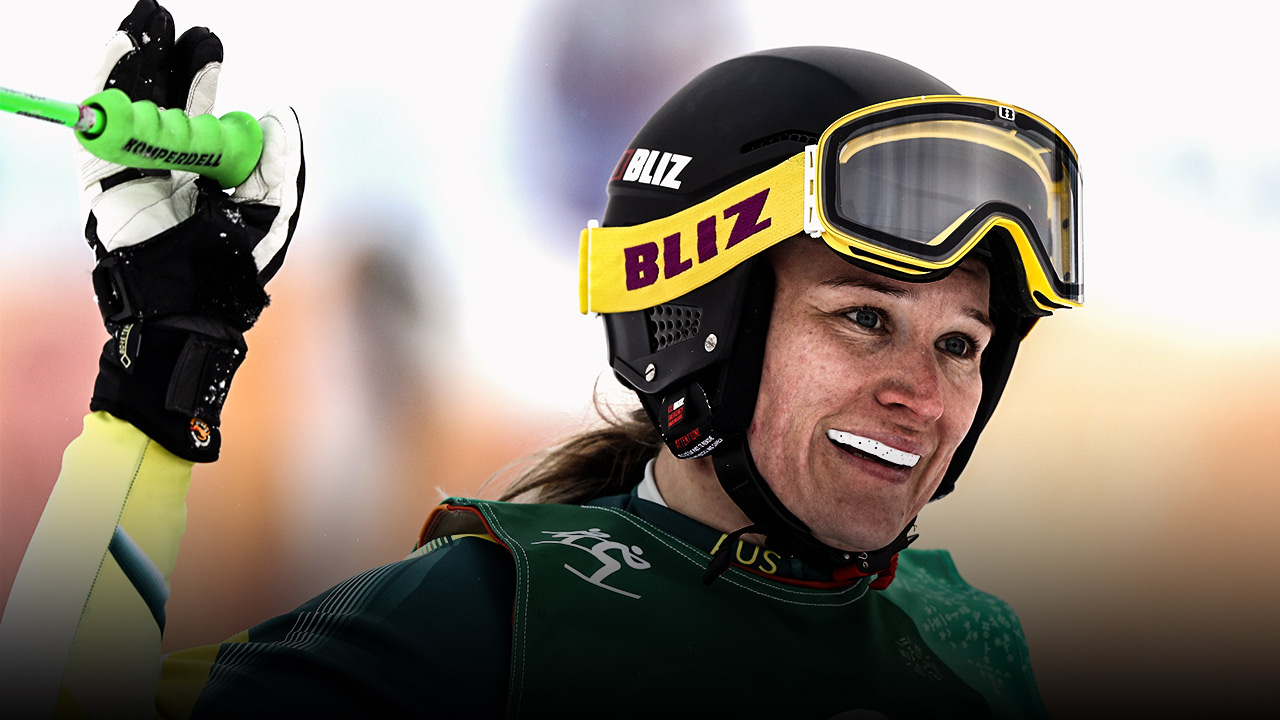That means accepting that you need support or are craving time at home. Maybe it’s that you need your best mate to come with you, or you need your coach to be someone who gives you energy.
It’s such a hard thing to do, to take a step back, because it goes against our natural instincts. There’s always that really strong desire to succeed, to reach the goals we’ve set ourselves, to keep progressing, not just in sport but in all areas of life. Anything that involves taking time out gets seen as a regression. That can be a really tricky thing to navigate.
The normal reaction we tend to have is to try and put it all to the side and play it down. You say to yourself, ‘Oh, maybe I’m just a bit restless. I’ll get over it’. I’m still trying to find that right voice for myself and properly listen to it. It’s a voice that doesn’t always ask for the same thing.
Professional surfing is all about medals and trophies. But it’s also a portal to learning life lessons and really understanding yourself, how you operate, what makes you tick. I think only when you have that understanding can you start to feel free and relaxed and that life’s good.

SURFING’S BIG CHANGE
Surfing has always been an individual sport. But there is a big change happening now, which I think will have a pretty major impact on the way we all relate to each other.
Surfing’s inclusion in the Olympics means we now get the opportunity to work together as a unit for our country. It’s given us the chance to learn about and create a team culture. Suddenly, after years of working on my own at my sport, I feel like I’m part of something bigger, which is really nice. For those of us in Australia, this is happening through Surfing Australia’s High Performance Centre (HPC) at Casuarina.
It’s a delicate balancing act because the way it’s structured is still around the fact that we compete individually, but we’ve managed to also integrate a cohesive and planned team environment around it. I definitely feel like it’s working.
The way it’s panned out so far is that you still do mostly your own program. You go to the gym to train as you normally would, compete on the circuit as usual and all that. But whereas you used to maybe just acknowledge one of your colleagues in passing, now there’s a proper sense that you’re a teammate of theirs and we’re all aiming to get our team to the Olympics.
A good example is that I was down at the Rip Curl Pro at Bells Beach a week or two ago and got knocked out in a heat. But rather than just pack up my things and head off to do my own thing – as I would have in the past – I wanted to get back down to the beach that afternoon to support my Australian teammates. I wanted to be there, be a part of it and show my support.
Away from actual competition, there are subtle changes which I’m really enjoying, like going for dinners as a team and having access to team support staff. These are little things that are making a big difference.
After 10 or 11 years on the tour, I was probably on the lookout for ways to make things feel new again. That’s what it feels like for me now. We’re all a bit out of our comfort zone, being tested by changes to the ways we’ve always gone about things. But I see that as a good change. Instead of just worrying about myself, there’s a sense of being accountable to other people now, communicating well, being my best version for each coach – it’s different.
I’m embracing the idea of working towards new goals with new people. It’s given me a new lease on life on tour. It’s brought a new sense of purpose.
After all those years of being individuals on our own surfing journeys, we can now feel that we’re no longer in it alone. We’ve come back together under one roof. It’s pretty cool.
More about: Big wave surfing | Mental health | Olympic Games | Resilience | Sally Fitzgibbons | Tokyo 2020




 Load More
Load More